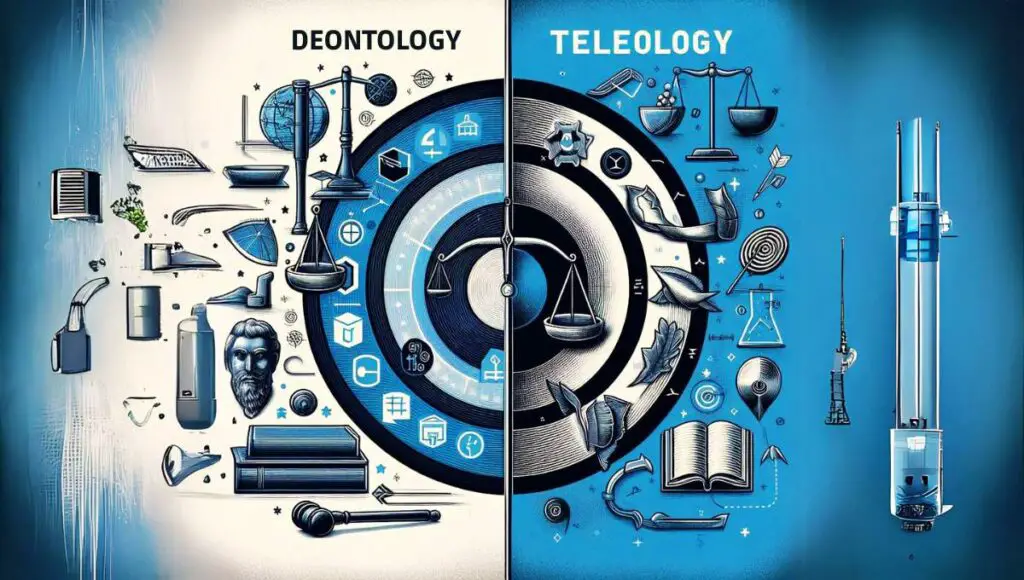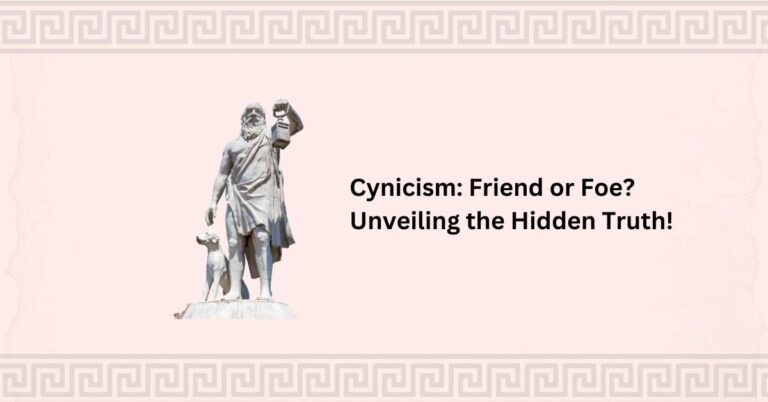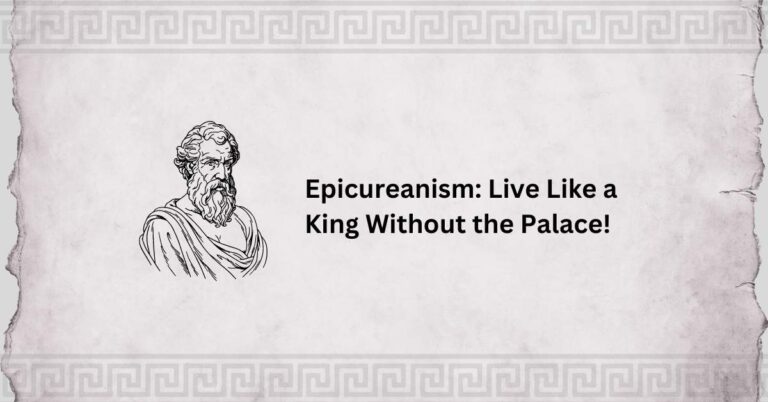Deontological vs Teleological Ethics: A 6-Point In-Depth Breakdown!
Ever wondered why some people follow the rules strictly, while others focus on outcomes? Ethics can be puzzling, but it’s fascinating to explore.
Deontology and Teleology are two major ethical theories. Deontology focuses on rules and duties, while Teleology emphasizes the consequences of actions.
In this post, you’ll learn the key differences between Deontology and Teleology. Understanding these can help you make better ethical decisions in everyday life.
1. What is Deontology?
Definition and Origins
Deontology is a branch of ethics focused on rules and duties. Its roots lie in ancient philosophy but were solidified by Immanuel Kant. Kant, a German philosopher, emphasized that actions are morally right if they follow a set of rules, regardless of the outcome.
Core Principles of Deontology
Deontology is all about duty-based ethics. This means doing what is right because it’s your duty, not because of the consequences. The focus is on adherence to moral rules and duties. For a deontologist, the rightness of an action is determined by whether it follows a moral rule.
Examples of Deontological Ethics
Let’s look at some practical examples. Imagine a doctor who refuses to lie to a patient, even if the truth might cause distress. This doctor is following deontological ethics by prioritizing honesty, a moral duty.
Another example is a soldier who follows the rules of engagement strictly. Even in a tough situation, the soldier won’t break these rules. The emphasis is on doing what is right, regardless of the consequences.
One historical example is Immanuel Kant’s belief that lying is always wrong, no matter the situation. He argued that truthfulness is a universal duty. Kant’s strict adherence to this principle shows Deontology in action.
2. What is Teleology or Teleological Ethics?
Definition and Origins
Teleology is an ethical theory focused on the consequences of actions. Its roots trace back to ancient philosophy, with key contributions from Aristotle and Jeremy Bentham. Aristotle believed in achieving the highest good, while Bentham introduced the idea of utilitarianism, which emphasizes the greatest happiness for the greatest number.
Core Principles of Teleology
Teleology centers on consequence-based ethics. The main idea is that the morality of an action depends on its outcome. Good actions produce good results. This approach values outcomes and goals over strict adherence to rules.
Examples of Teleological Ethics
Consider a scenario where lying could save a life. A teleologist would argue that the lie is morally right because it leads to a positive outcome. This contrasts sharply with the deontological perspective.
Another example is a business decision aimed at maximizing overall happiness. If a company adopts environmentally friendly practices to benefit society, this is teleological thinking in action. The focus is on the beneficial outcome rather than the process.
Historically, Jeremy Bentham’s utilitarianism is a prime example. Bentham proposed that actions should be judged by their ability to produce happiness. His ideas have influenced various fields, including law and economics.
3. Key Differences Between Deontology and Teleology
Focus on Rules vs. Focus on Outcomes
Deontology and Teleology differ fundamentally in their focus. Deontology emphasizes strict adherence to rules and duties. It’s about following moral guidelines, no matter the outcome. In contrast, Teleology focuses on the results of actions. What matters most is the outcome and whether it maximizes overall good.
Moral Absolutism vs. Moral Relativism
Deontology is rooted in moral absolutism. This means certain actions are always right or wrong, regardless of the context. Rules are clear and unchanging. Teleology, however, embraces moral relativism. It considers the context and consequences. An action’s morality can change depending on its outcomes.
Decision-Making Process
The decision-making process also differs. Deontologists ask, “Is this action in line with my duty or rule?” They follow principles even if the outcome is unfavorable. Teleologists, on the other hand, evaluate the potential outcomes. They ask, “Will this action produce the best result?” Their decisions are based on the anticipated consequences, aiming for the greatest overall good.
4. Strengths and Weaknesses:
Strengths of Deontology
Deontology offers consistency and clarity. Following set rules makes decision-making straightforward. It also protects individual rights. By adhering to moral duties, it ensures respect for each person’s inherent dignity.
Weaknesses of Deontology
However, Deontology can be rigid. Its strict rules leave little room for flexibility in complex situations. There’s also the potential for conflicting duties. What happens when two moral rules clash? Deontology doesn’t always provide clear answers.
Strengths of Teleology
Teleology shines in its flexibility and practicality. It adapts to different situations, making it more realistic. The focus on overall well-being is another strength. By aiming for the best outcomes, Teleology promotes the greatest good for the greatest number.
Weaknesses of Teleology
But Teleology has its drawbacks. Predicting outcomes can be difficult. Actions intended for good may have unforeseen negative consequences. There’s also the risk of justifying unethical means for a good end. This can lead to morally questionable decisions.
5. Practical Applications in Modern Contexts:
Deontology in Modern Ethics
Deontology finds its place in many areas of modern life. In law, it supports the idea of justice through clear rules and rights. In healthcare, it emphasizes the duty to do no harm and respect patient autonomy. Even in personal conduct, Deontology guides us to act with integrity and honor our commitments.
Teleology in Modern Ethics
Teleology also plays a significant role today. In business, it drives decisions aimed at maximizing profits while considering the greater good. Policy-making often uses teleological thinking to create laws that benefit the majority. Social ethics, too, are shaped by the desire to achieve the best outcomes for communities and societies.
Balancing Both Approaches
While each theory has its strengths, a balanced approach can be most effective. Integrating Deontology and Teleology allows for ethical decisions that respect both rules and outcomes. For instance, a healthcare professional might follow strict ethical guidelines (Deontology) while also considering the best results for patient care (Teleology). This blend ensures a comprehensive approach to ethical dilemmas.
Conclusion
Understanding Deontology and Teleology is crucial for navigating ethical decisions in various aspects of life. Deontology emphasizes rule-based ethics, providing consistency and protecting individual rights. Teleology, on the other hand, focuses on outcomes, offering flexibility and aiming for the greatest good. Both approaches have their strengths and weaknesses. Deontology can be rigid and may lead to conflicts between duties, while Teleology can struggle with predicting outcomes and risk justifying unethical means for good ends.
By balancing both theories, we can create a more holistic ethical framework that respects rules and strives for positive outcomes. Reflecting on these ethical theories can help us make better decisions in law, healthcare, business, and personal conduct. Think about how Deontology and Teleology can apply to your life and decisions. Understanding and integrating these theories can lead to more thoughtful and ethical actions.



